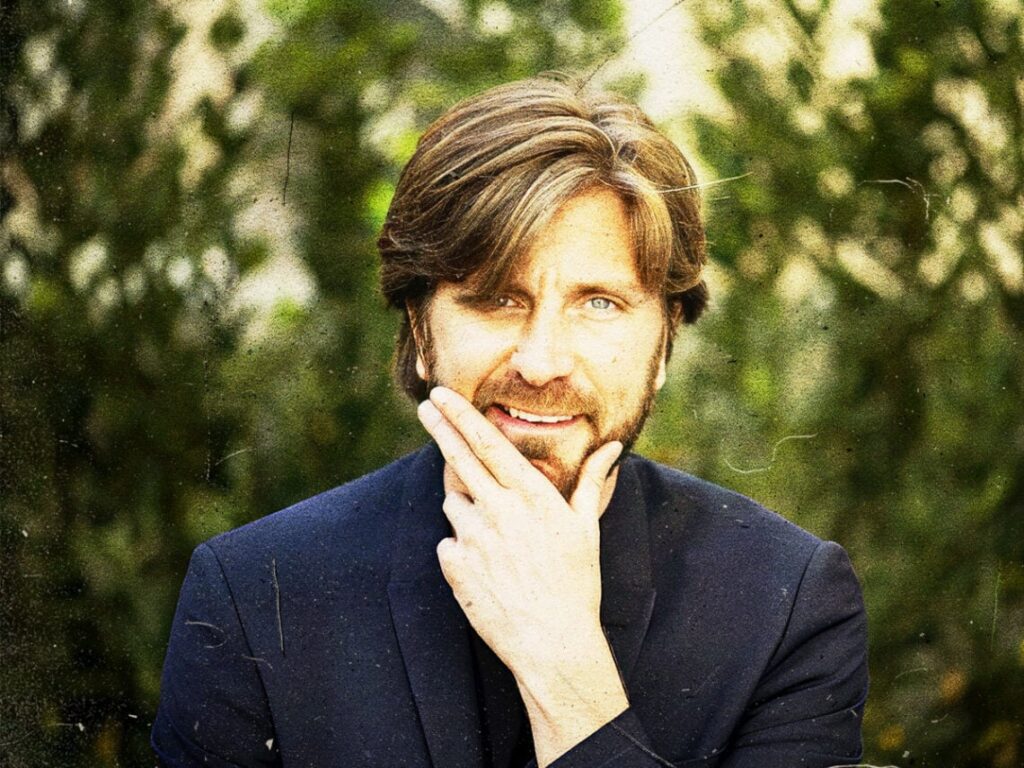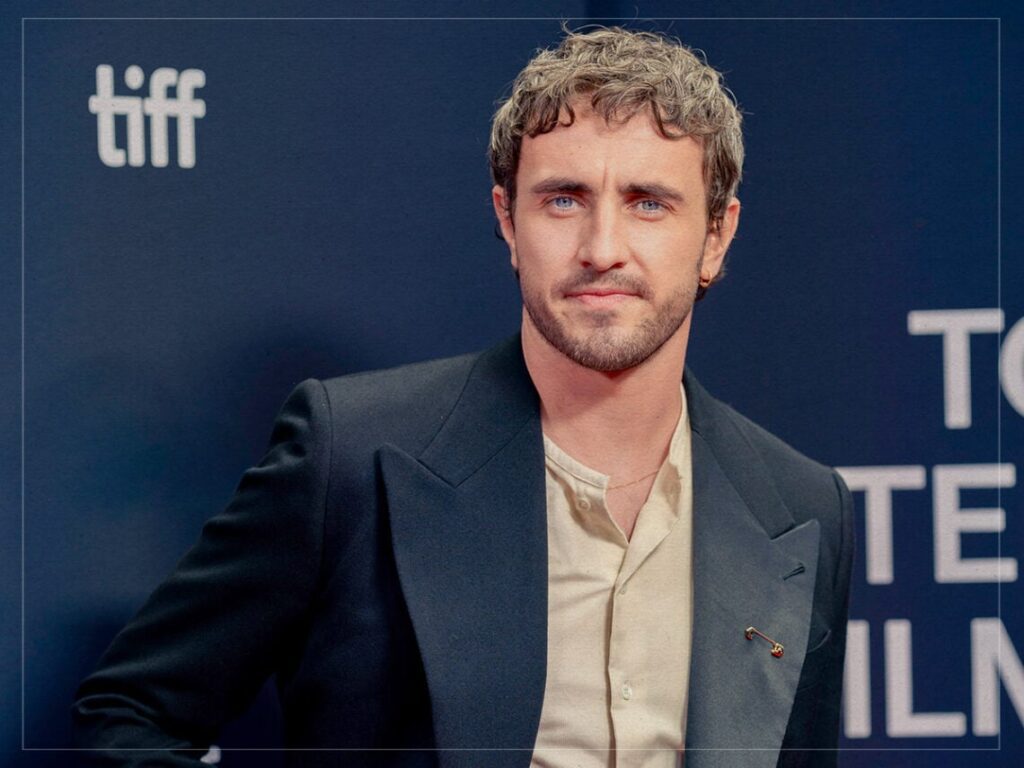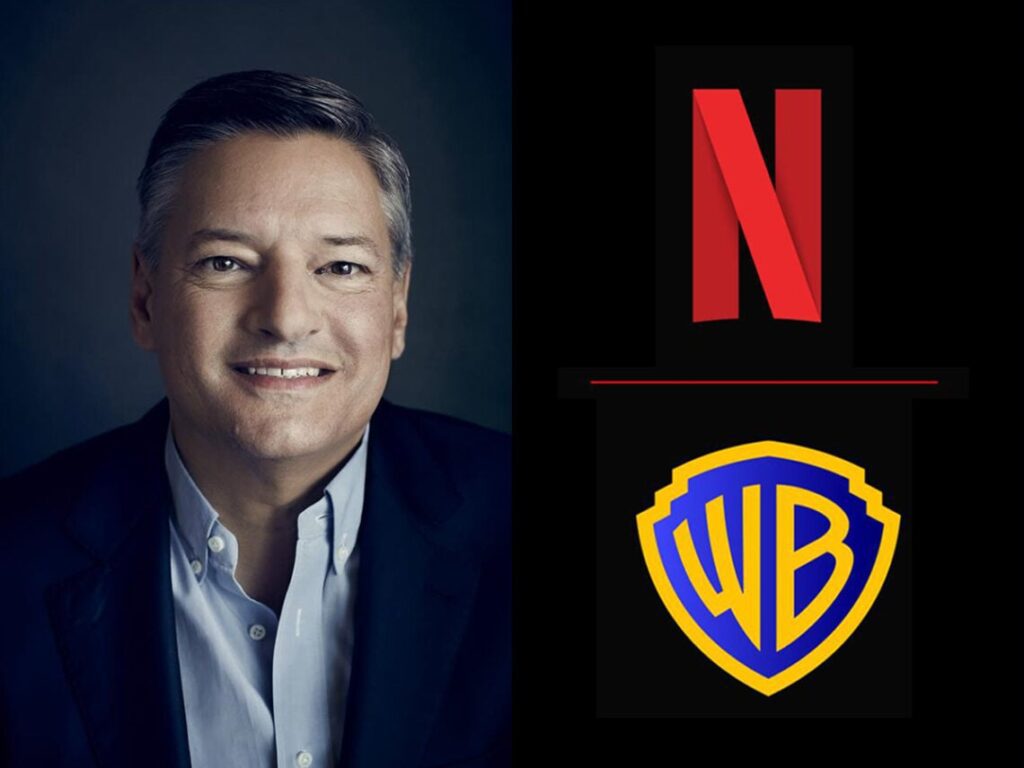The unusual inspirations behind Ruben Östlund’s singular style
 Posted On
Posted On
(Credits: Far Out / Alamy)
It’s hard to forge a new brand of comedy, but Swedish director Ruben Östlund has done just that over the past decade and a half. Even before he reached international audiences with the socially excruciating comedy Force Majeure in 2014, he was training his camera on humanity at its most cowardly. He specialises in showing everyday acts of spinelessness, whether it’s a passenger on a bus who won’t own up to breaking a curtain rod or a man who only acknowledges a screaming woman in the street when he knows there are witnesses to his minuscule act of valour.
Östlund’s comedy is about group dynamics, and it’s based on time, not punchlines. You might start laughing the moment a man pretending to be an ape begins stalking through a ballroom full of wealthy museum donors, or you might wait until the scene has dragged on for minutes and the man is squatting on a table and assaulting a woman as everyone else stares blankly. The visceral response of laughter is as much a way to alleviate discomfort as it is to express enjoyment.
The director said he prefers to draw on real-life inspirations rather than cinematic ones. In an interview with Cineuropa about his 2008 film Involuntary, which follows five stories of everyday cowardliness, he said, “I tried to write down situations that I or my friends had experienced in our everyday life […] I’m not interested in film references to create films based on other films.”
But more recently, he’s opened up about two influences he’s found in the world of movies and television, and they seem downright paradoxical. Speaking to Screen Daily in 2022, Östlund said, “Someone said my films are a cross between Michael Haneke and Larry David. And I felt, they are right. I was brought up with Seinfeld and the kind of American stand-up culture that very often describes everyday dilemmas, situations where we’re trying to avoid losing face or have problems with socialising, and so on. I can identify with that kind of situation-based humour.”
Austrian director Michael Haneke is known for the dark, almost sadistic nature of his movies. From the relentless mind games inflicted on a family being held hostage in Funny Games to the communal silence surrounding abuse and tyranny in a supposedly idyllic town, he has an unflinching eye for intimate horror, with no gore necessary.
While Östlund doesn’t wallow in darkness, he does force his audience to witness, without commentary, the spinless way in which we follow the cue of the group to terrible and blatantly nonsensical ends. In Involuntary, for example, a teacher who challenges a colleague for never looking at her during conversation is summarily ostracised by the entire faculty, a minor but cruel retaliation for daring to rock the status quo.
As for Seinfeld, its influence is also apparent. Östlund’s best work deals in mundanity. In Involuntary, a single broken curtain rod becomes one of his greatest set pieces. When no one on the bus confesses to damaging it, the driver refuses to let anyone off until someone comes forward. The standoff is so awkward it will make you cover your eyes, an impressive feat for a film that isn’t even attempting to be a horror movie.
Similarly, Seinfeld is a show that is famously “about nothing”, comedy is found in social conundrums as pedestrian as dinner reservations, switching washing machines at a laundromat, and double-dipping at a dinner party.
Östlund’s ability to combine two such wildly disparate styles of social commentary is proof that he’s created a subgenre all his own.
[embedded content]
Related Topics


